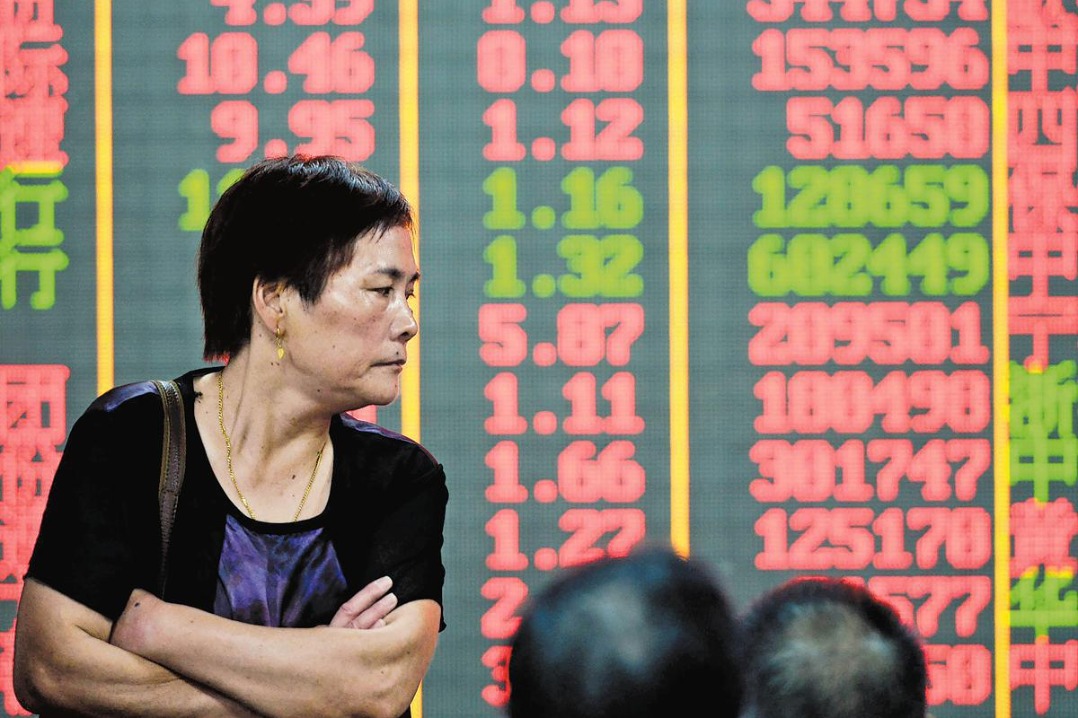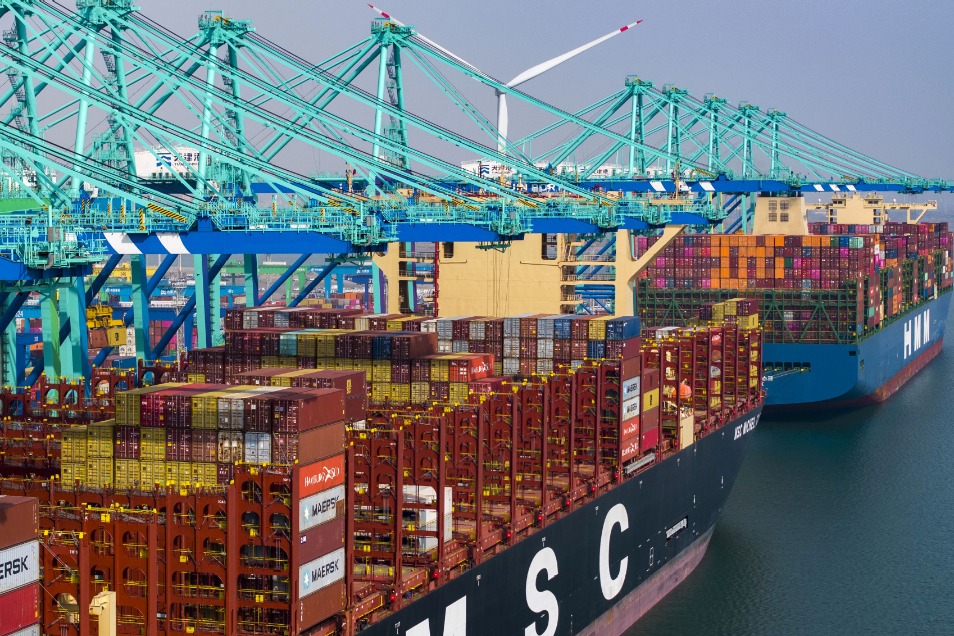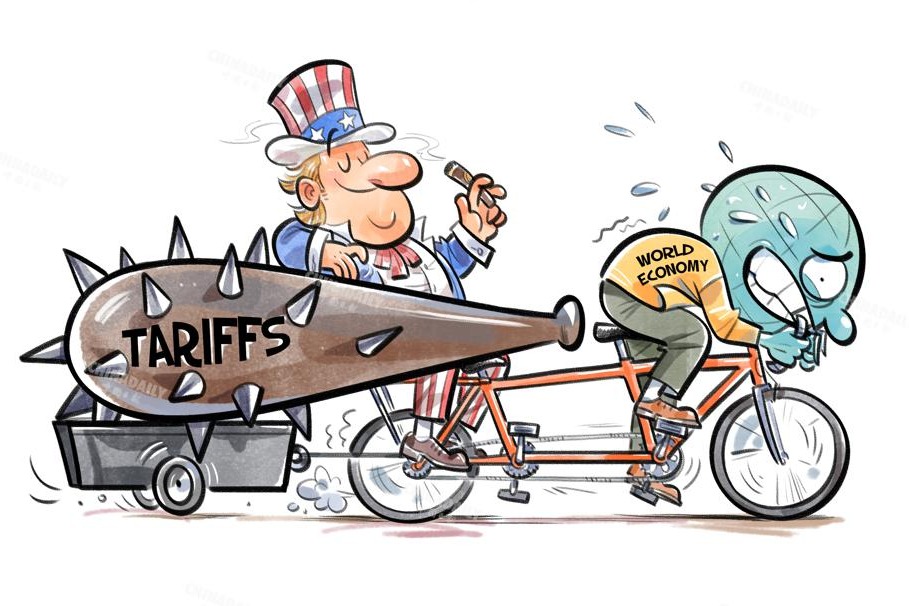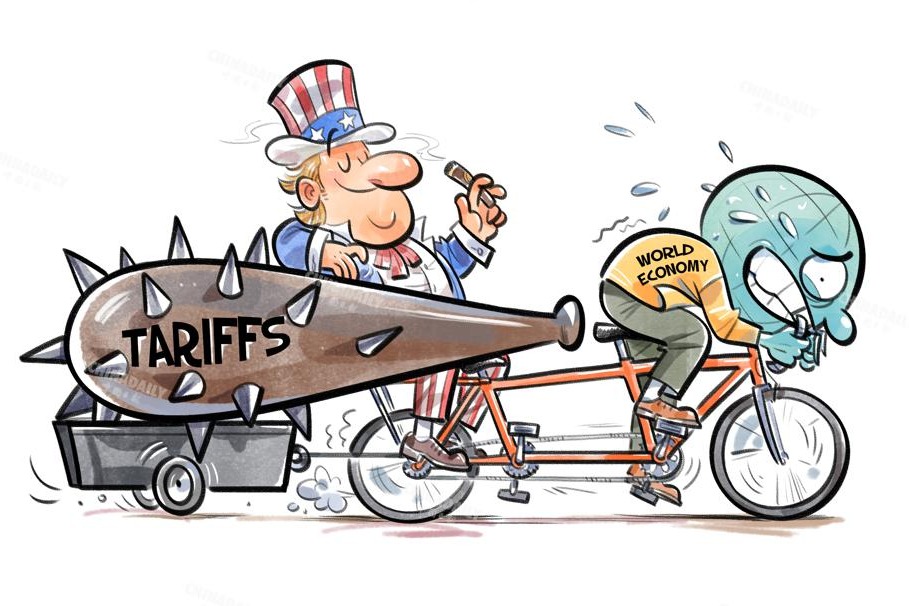Global unity can triumph over trade tyranny: China Daily editorial

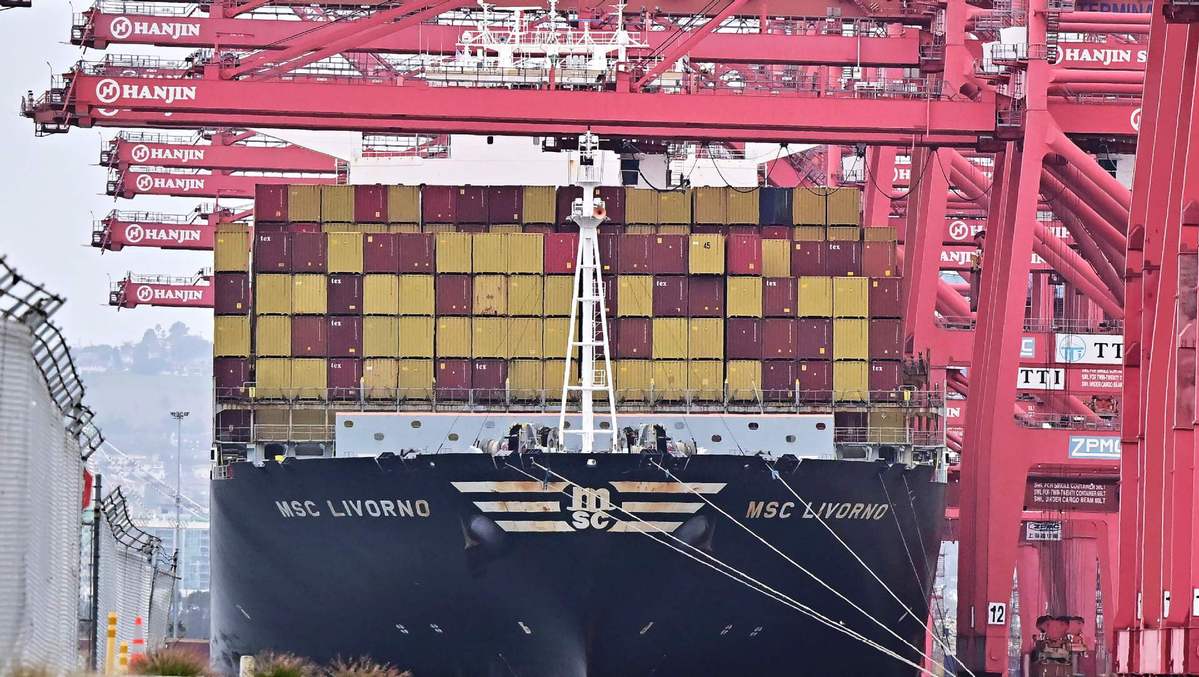
European Union trade ministers meeting in Luxembourg on Monday struggled to reach an agreement on how to respond firmly and effectively to the so-called reciprocal tariffs of the United States that will hit a significant part of their exports.
European Commission President Ursula von der Leyen and Trade Commissioner Maros Sefcovic have tried to cut a deal with the US administration by offering zero-for-zero tariffs between the EU and the US for cars and industrial goods.
But that offer was rejected outright by the US president, who insisted that the EU should buy $350 billion in US energy to close the trade deficit.
The EU has been preparing countermeasures. But the trade ministers seem to have only agreed on imposing tariffs of up to 25 percent on a broad range of US exports in response to the US levies on steel and aluminum, with EU states to vote on the plan on Wednesday.
However, due to the different interests of member states, there have been no agreements on how to respond to the US tariffs on EU cars and the blanket tariffs on the bloc. And while the US tariffs have been described in the EU as "unjustified", "bullying" and "coercive", there is little appetite among member states to apply the Anti-Coercion Instrument that was drawn up to respond to the coercive US trade policy.
Given the gloomy economic prospects facing the bloc, it is perhaps understandable that there is a fear of making things worse. The latest Conference Board Economic Forecast for the Eurozone is just 0.9 percent growth in 2025 and 1.2 percent in 2026. But the EU and its member states should remember that they have a much bigger stake in defending free trade, the global trading system, and the authority and rules of the World Trade Organization, all of which are being decimated by the US.
The US administration justifies its protectionist policies and tariff attacks by alleging unfair trade practices by its trading partners, claiming the aim of the tariffs is to address trade imbalances, protect domestic industries, and gain negotiating leverage. However, these measures are primarily intended to maintain the US' privileged position amid the rise of the Global South, rather than promoting fair trade practices. Apart from trade, the US has withdrawn from the World Health Organization and Paris Climate Agreement and other international organizations and treaties, all in pursuit of self-gain. The EU and the rest of the world bear the responsibility to sustain and improve the global system that the US seems intent on destroying.
It's good that Sefcovic mentioned that the US accounts for just 13 percent of the global goods trade and the EU's priority, along with the rest of the WTO members, is to protect the remaining 87 percent and make sure that the global trade system prevails for the rest of the world. He described his recent trip to China as "aimed at fostering cooperation to rebalance our trade and investment relationship with tangible results".
The fact that China is a major trade partner for more than 140 countries and regions and is the world's second-largest economy that contributes to 30 percent of global growth means that the EU, and other economies, should work together with it to uphold free trade and multilateralism, and fight against the US trade bullying and economic coercion.
China promotes mutually beneficial economic relations and has urged the US administration to abandon its unilateral and protectionist tactics. But in light of the US leader doubling down on his tariff extortion, China is calling for a coordinated response to counteract the economic coercion.
It is already working with countries such as Japan and the Republic of Korea to deepen economic cooperation to safeguard regional stability and counterbalance the US' trade pressure.
China and the Association of Southeast Asian Nations can also take concrete measures to enhance their economic ties and strengthen regional trade agreements. By diversifying supply chains, promoting intra-ASEAN trade, and exploring alternative markets, they can reduce their reliance on the US market and buffer against industry chain disruptions.
The EU too can strengthen its cooperation with China using their yet to be ratified Comprehensive Agreement on Investment as the foundation. A coordinated global effort grounded in cooperation, multilateralism, and fairness is the most effective way to counter the trade war initiated by a power-crazed US administration fixated on world domination, damn the consequences.
By fostering open, inclusive, and balanced economic globalization, nations can work together to promote equitable development and shared prosperity for all, which is the ultimate aim of building a global community with a shared future.
















